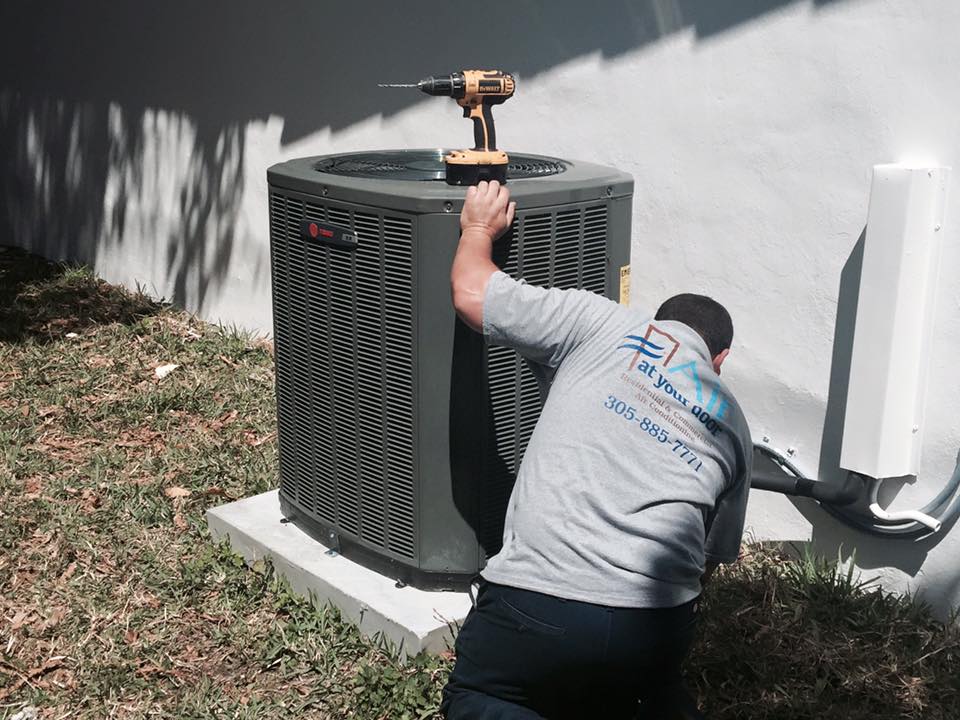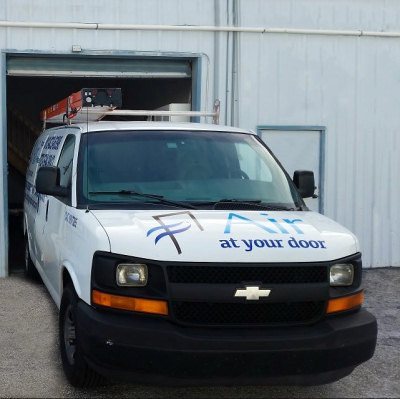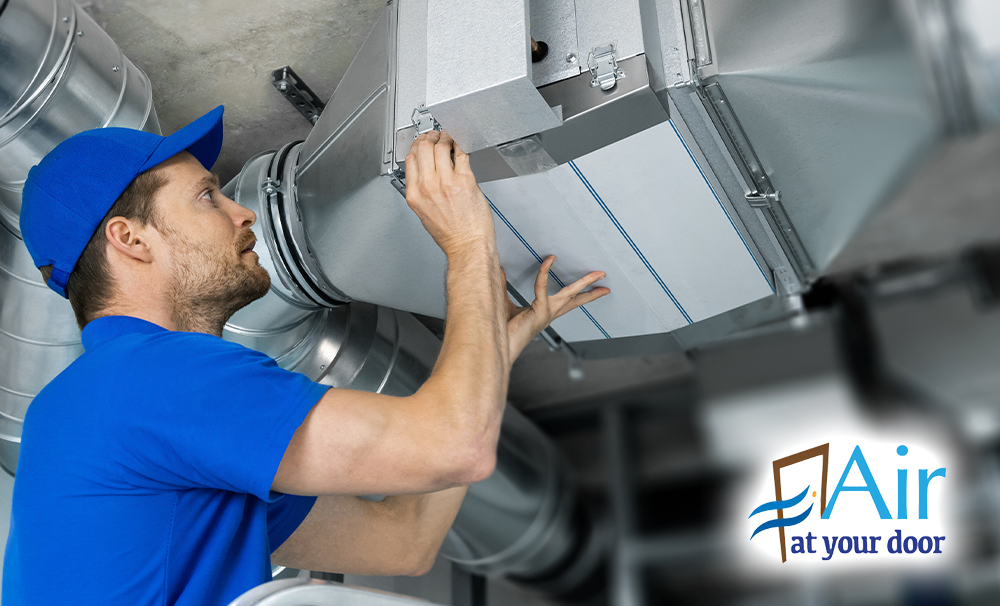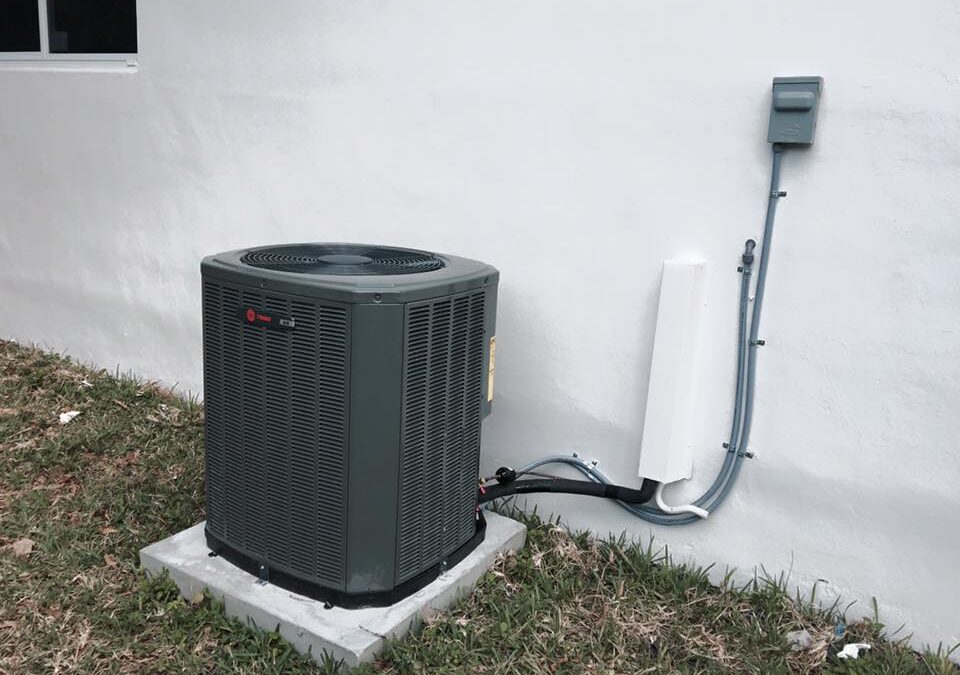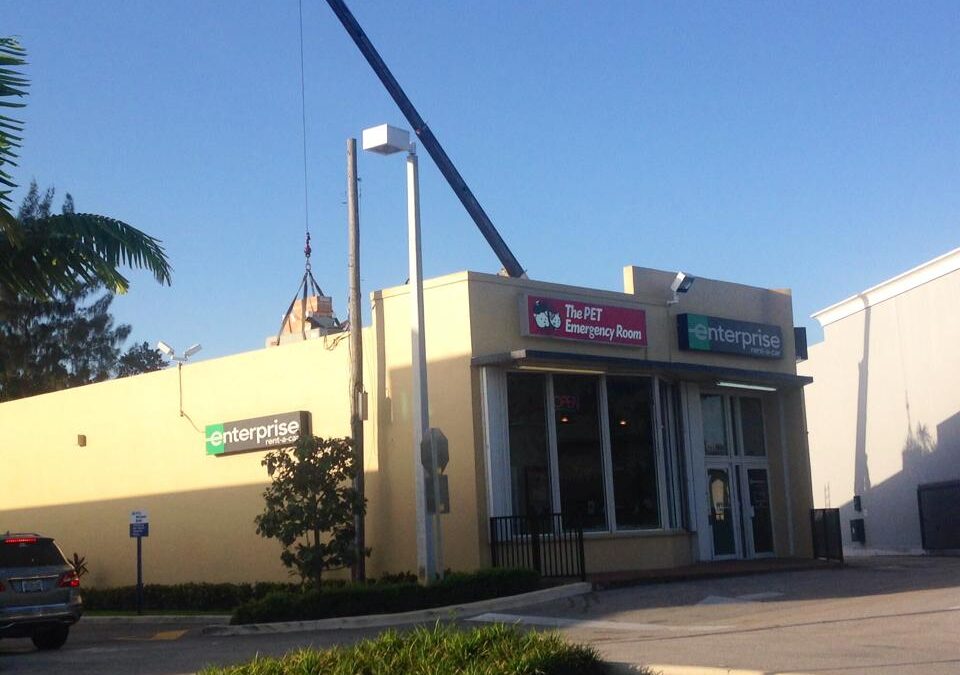Humidity makes your air conditioning (AC) system work harder.
Unfortunately, humidity is everywhere across the state of Florida. Humidity levels are typically the greatest in coastal areas, which means Pinellas, Hillsborough and Pasco counties experience some of the hottest and dampest periods throughout the summer1.
There are several ways to ensure warm, moist air doesn’t negatively impact your home. Read our six tips to beat the humidity and heat this summer and all-year-round.
Tip #1: Identify Duct Leaks
Did you know that in Florida, roughly 38% of an AC system’s work (and operating costs) goes into drying out moist air leaking in from outside the home2? According to the Florida Public Service Commission, your AC duct system is a common culprit.
AC ducts throughout your home supply cooled air to every room. If your system has a leak, hole or poorly connected duct, air that moves through your ductwork can result in 20-30% of lost energy.3 Leaks in your ducts can make the humidity in your home much worse, because it pulls back in warm, moist air whenever the AC runs. When this happens, it takes longer for the system to re-cool and compensate.
If you suspect this may be the issue, call your AC experts at Air At Your Door Tampa to ensure cool air isn’t escaping through leaky ducts.
Tip #2: Inspect Windows and Doors
Outdated or low-quality windows and doors often allow humidity to creep into your home. Whether your home is new or decades old, it’s always a good practice to check for air leaks.
An easy way to check your windows and doors is to run your hand over the openings and cracks while shut. If you feel warm air seeping in, it’s time to take action. Try caulking spaces, adding weather stripping, thresholds or sweeps, or as a last resort, replacing your doors and windows with energy-efficient solutions.
It’s also important to limit foot traffic and avoid opening your windows during the hottest months in Florida. You may be tempted to let in fresh air after an afternoon rain shower, but refrain. Closing and opening windows can actually make your AC system work twice as hard, leading to higher energy bills.
Tip #3: Check Insulation
Attic insulation is one of the easiest ways to make your home more energy efficient, and improving your insulation can save up to $130 a year4.
Over time, insulation tends to settle, becoming thinner and less effective. Sometimes you need more insulation, while other times you need a complete replacement.
No matter what type of insulation you have in your attic, a quick way to determine if you need more is to look across the span of your attic. If your insulation is just level with or below your floor joists (i.e., you can easily see your joists), you should add more3.
We suggest using the online home energy check with Pinellas County utility provider, Duke Energy, to learn more about energy enhancements.
Tip #4: Explore Dehumidification
When you have lower humidity levels in your home, there’s less wear and tear on your AC over time.
New, energy-efficient AC systems come with built-in humidity controls that work in tandem with your AC to extract moisture from the air. Smart thermostats also detect humidity levels, alerting you when humidity is too high.
Alternatively, a portable dehumidifier reduces humidity in the air and runs on electricity, just like a household appliance. It’s generally used for health reasons or to prevent odors and mold growth indoors, especially in older homes, condos or apartments.
While AC dehumidification systems operate automatically, portable dehumidifiers can sometimes cause noticeable increases to your utility bills if you’re not careful, so be smart about where and when you use one.
Before making any major purchases, have an AC professional check the humidity in your home.
Tip #5: Make Minor Adjustments
The Florida sun is notorious for strong waves of heat in the summer, causing your AC system to sometimes work twice as hard to keep your home comfortable.
There are a few adjustments that can cost you little, but make a big difference on your electric bills and the temperature of your home5:
- Use ceiling or oscillating fans to circulate air in rooms, whether by itself or in conjunction with your AC. Just remember to turn fans off when you leave a room–fans cool people, not rooms.
- On hot, sunny days, close drapes, curtains and blinds. Blocking direct heat from the sun reduces demand on your AC unit.
- Check your AC filters at least once a month. During the hotter months, this may mean replacing more often since you’re inside more (especially during COVID19).
- Turn off unnecessary lights and use energy-efficient light bulbs that emit less heat.
- Limit the use of ovens and stovetops, especially in the afternoons, and cook outside on the grill instead.
Tip #6: Maintain Your AC
“The energy used to cool a home in the summer and heat in winter can account for half of monthly electric bills,” said Duke Energy’s Smart $aver® product manager, Nathan Cranford5. “Properly maintaining a home’s HVAC system can save money and also improve comfort in the home.”
Just as vehicles need tune-ups, your AC system does, too. The best way to protect your home from heat and humidity is to schedule and maintain regular AC maintenance, where we check the health of your system and recommend solutions.
About Air At Your Door
At Air At Your Door, we provide top-notch air conditioning services for both homes and businesses throughout Tampa. Whether you’re looking for a quick fix or a full system upgrade, our team delivers fast, reliable solutions tailored to your comfort needs. From residential cooling to large commercial projects, we’re just a call away from keeping you cool year-round!
Call our team at Air At Your Door Tampa today to schedule an inspection of your Tampa Bay AC system. We’ll help you keep your home cool and comfortable, and ensure that your AC runs its best.
—–
APPENDIX:
[1] FloridaHealth.gov: Heat Effects of Summer in Florida
[2] Florida Public Service Commission: 105 Causes of High Utility Bills
[3] EnergyStar.gov: Adding Attic Insulation
[4] Duke Energy: Warm Weather Energy Savings
[5] Duke Energy offers ideas to increase AC efficiency during summer

